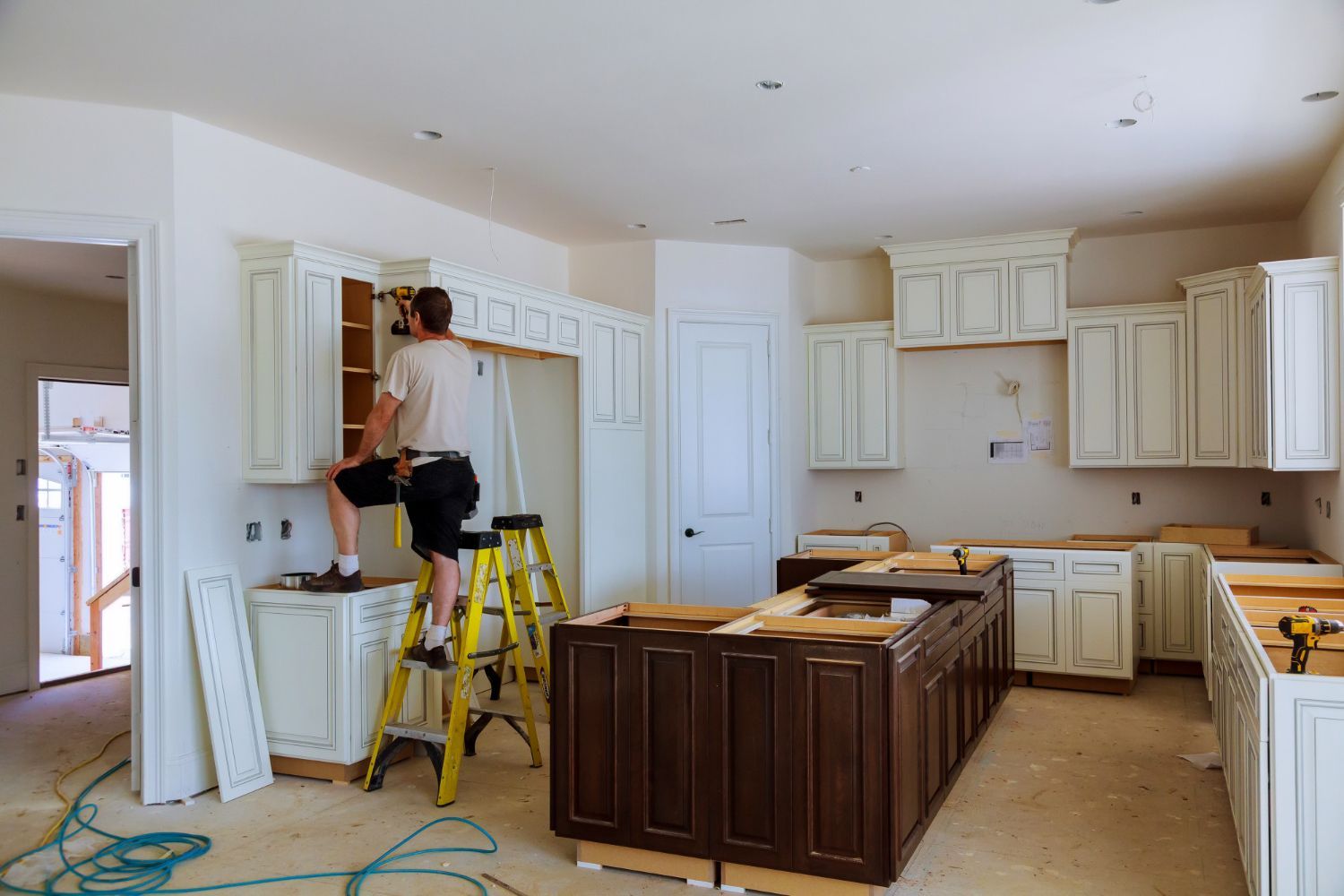EQUITY
EQUITY.
IT’S A HOT WORD IN 2021, AND DEPENDING ON THE DEFINITION, A HOT TOPIC TOO.
It’s one of those fun english language words with multiple meanings.
Standard dictionary definition will tell you it’s about the value of shares in a company.
It will also reference the quality of being fair and impartial (though for a better understanding on this one, check out the Global Citizen link below).
However, add the word property and you’ll find something similar to how NAB describes it: “the difference between the current value of your home and how much you owe on it”. This is what we want to tap into.
(If you’re not yet a property owner, don’t check out just yet! This is for you too.)
Property equity is valuable for both the present and future:
- Improve quality of life in the present;
- Use equity to support investment;
- Cumulative equity released to support retirement lifestyle
Ultimately, it is the equity in property that draws us to purchase property. (Aside from the freedom to do what we will with our own four walls!)
IMPROVE QUALITY OF LIFE IN THE PRESENT
The most obvious in this space is owning your home outright, therefore having no “four walls” payments (rent/mortgage). For the majority of us not there yet, there are a couple of other ways equity can improve quality of life in the present:
- Refinancing to access some equity as cash to fund significant purchases, renovations*, or travel;
- Refinancing your mortgage to reduce your payments freeing up more of your income for other living expenses.
*Renovations are a great use of equity when done with consideration as it can further increase your equity. Why not check out one of our blogs on renovating
here or
here?
EQUITY TO SUPPORT INVESTMENT
This is an often overlooked opportunity that arises through home ownership. Without accessing equity in your home through refinancing, you can use existing equity as a deposit for purchasing investment property. This of course increases your ability to build further equity (which is great for point 3!).
It can also be used as collateral for other investments.
CUMULATIVE EQUITY FOR RETIREMENT LIFESTYLE
There is no time too early to start thinking about your retirement lifestyle and what that will cost to fund. While Superannuation is one way of supporting this, property investment has proven to be a trusted way of building wealth to support retirement. While selling the roof over your head to fund your retirement is not likely the solution, having investment property with equity that allows you to do just that is a different story!
WHAT SORT OF DOLLARS ARE WE TALKING ABOUT?
Despite the challenges that began in 2020, Australian property values have come along in leaps and bounds. According to the latest CoreLogic property data, the average Melbourne house value increase last month was 1.68%. While, that might not sound like much, but on a property valued at $750,000 in June, that’s an increase of $12,600. (And if you want to look at the past 12 months, we’ve had an increase of 12.34% – that’s $92,550 on a house valued at $750,000 this time last year!)
WHY ARE WE TALKING ABOUT THIS?
Knowing options for improving life in the present and the future enables action – action that could make a real difference. If you ask our team members what gives them job satisfaction, you’ll find many of the answers centre around helping people achieve goals, get the right solution for their situation and set themselves up for a very positive financial future.
SIMPLY PUT, EMPOWERING YOU TO ACHIEVE A POSITIVE FINANCIAL FUTURE IS OUR JAM.
Regardless of where you’re at (long-term homeowner; property investor; new home-owner; or still saving a deposit), property equity – and what it can do for you – could be a cornerstone of your plan.
Why not look at your current situation, goals and how we can connect the two? Contact us , give us a call on (03) 8657 8664, or reach out to us on Social Media (we’re on Instagram and Facebook ). We are here to help.
Global Citizen link on Equity & Equality.
Please note, by sharing this link we are not declaring any affiliation with, or support of, the organisation Global Citizen.
SOURCES AND HELPFUL LINKS:
Disclaimer: This article provides general information only and has been prepared without taking into account your objectives, financial situation or needs. We recommend that you consider whether it is appropriate for your circumstances and your full financial situation will need to be reviewed prior to acceptance of any offer or product. It does not constitute legal, tax or financial advice and you should always seek professional advice in relation to your individual circumstances. Subject to lenders terms and conditions, fees and charges and eligibility criteria apply. © 2021



